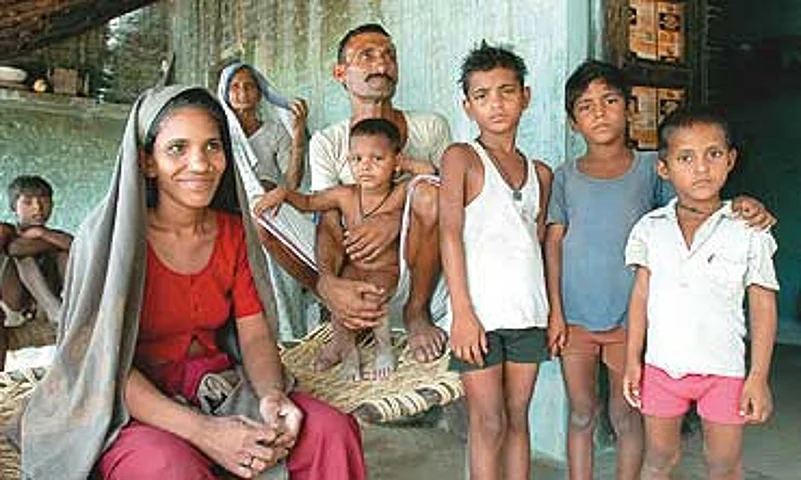

Organisations like UNICEF are working toward collating a more accurate picture of maternity deaths. They hope to achieve this through an elaborate new method called the maternal and perinatal death inquiries (MAPEDI), developed and implemented with Johns Hopkins University, US. MAPEDI uses the verbal autopsy method (interviews with victims' close kin) to get a first-hand account of maternal mortality in some of the poorest districts of India in UP, West Bengal, Orissa, MP, Bihar and Rajasthan, a task expected to be completed in the next six months.
Meanwhile, Rajasthan is also getting into partnerships with UNICEF in imparting training to midwives. Blood banks in the districts are integral to the plan. The Dholpur model of a referral transport system for prompt transfer of women with obstetric emergencies will be duplicated elsewhere. A platform for public hearings on safe motherhood in collaboration with the state women's commission has also been put in place.
Almost everyone admits that the task ahead is tough. But at least a tentative start has been made. Guddi has just had a baby girl in the district hospital at Dholpur after spending many agonising hours on the hospital floor because there was no bed. She says she would have been happier with a son. But at least both mother and child are alive. And that, say activists, is a promising sign.






















